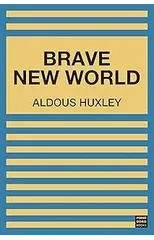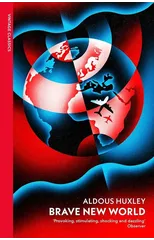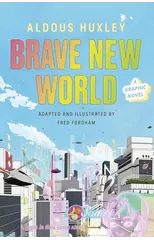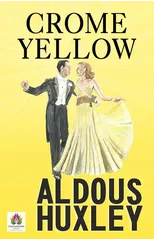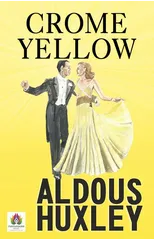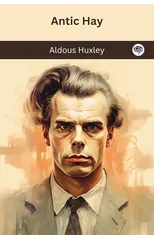This historic book may have numerous typos and missing text. Purchasers can usually download a free scanned copy of the original book (without typos) from the publisher. Not indexed. Not illustrated. 1920 edition. Excerpt: ...The Reverend Roger was Alfred Petherton's brother and a master at one of our most glorious public schools. Marjorie hardly agreed with her father in thinking that his presence would add anything to the "festiveness" of the party. It was a pity he should be coming at this particular moment. However, we all have our little cross to bear. Mr. Petherton was feeling playful. "We must bring down," he said, "the choicest Falernian, bottled when Gladstone was consul, for the occasion. We must prepare wreaths and unguents and hire a flute player and a couple of dancing girls..." He spent the rest of the meal in quoting Horace, Catullus, the Greek Anthology, Petronius, and Sidonius Apollinarius. Marjorie's knowledge of the dead languages was decidedly limited. Her thoughts were elsewhere, and it was only dimly and as it were through a mist that she heard her father murmuring--whether merely to himself or with the hope of eliciting an answer from somebody, she hardly knew--" Let me see: how does that epigram go?--that one about the different kinds of fish and the garlands of roses, by Meleager, or is it Poseidippus?..." II GUY and Jacobsen were walking in the Dutch garden, an incongruous couple. On Guy military servitude had left no outwardly visible mark; out of uniform, he still looked like a tall, untidy undergraduate; he stooped and drooped as much as ever; his hair was still bushy and, to judge by the dim expression of his face, he had not yet learnt to think imperially. His khaki always looked like a disguise, like the most absurd fancy dress. Jacobsen trotted beside him, short, fattish, very sleek, and correct. They talked in a desultory way about things indifferent. Guy, anxious for a little...
Aldous Huxley
Aldous Huxley was a British writer and philosopher known for his dystopian novel "Brave New World," published in 1932. His works often explored themes of technology, society, and the human condition. Huxley's writing style was characterized by his use of satire and wit, as well as his keen observations of society. He was a prominent figure in the literary genre of dystopian fiction, influencing writers such as George Orwell and Margaret Atwood. In addition to "Brave New World," Huxley's other notable works include "Point Counter Point" and "The Doors of Perception." His contributions to literature continue to be celebrated for their thought-provoking commentary on the complexities of human existence.

